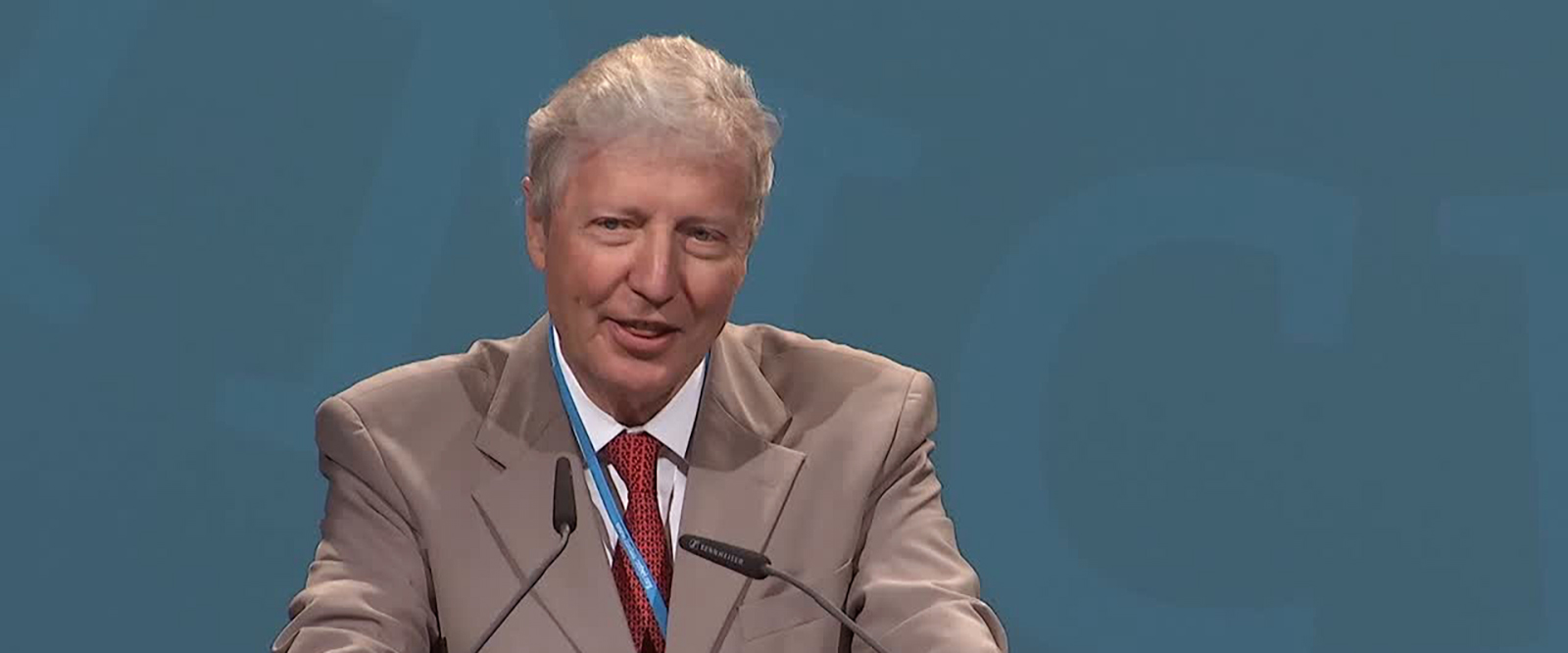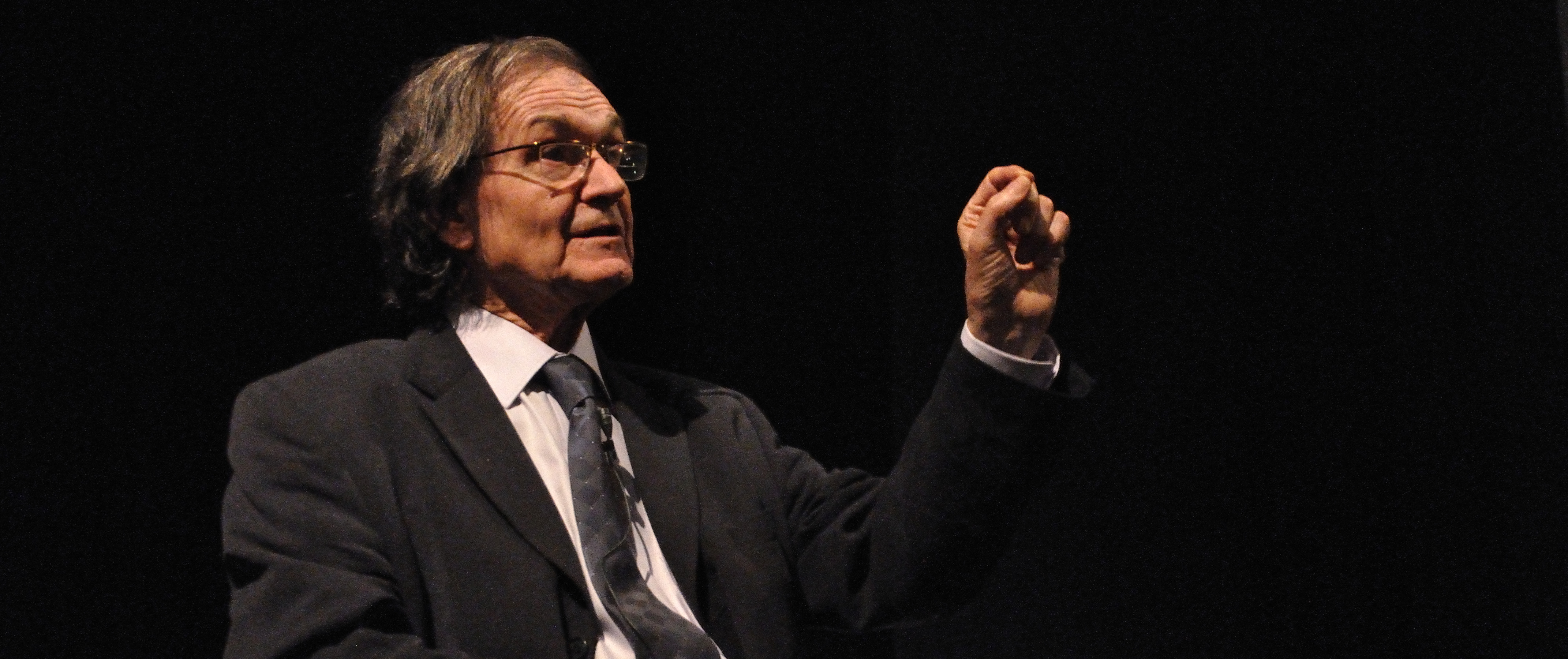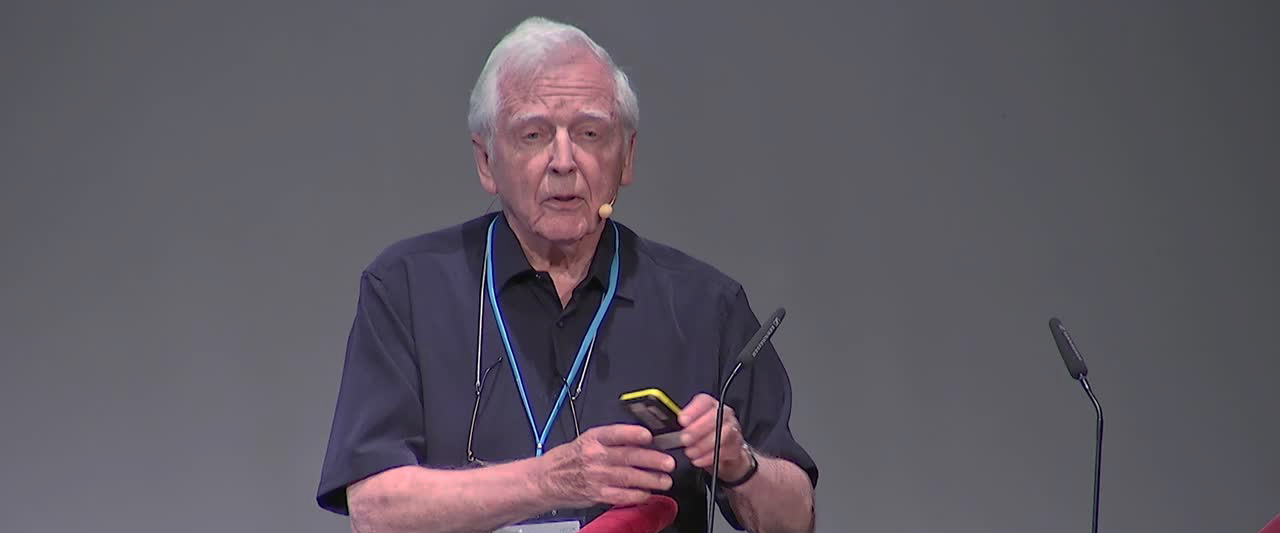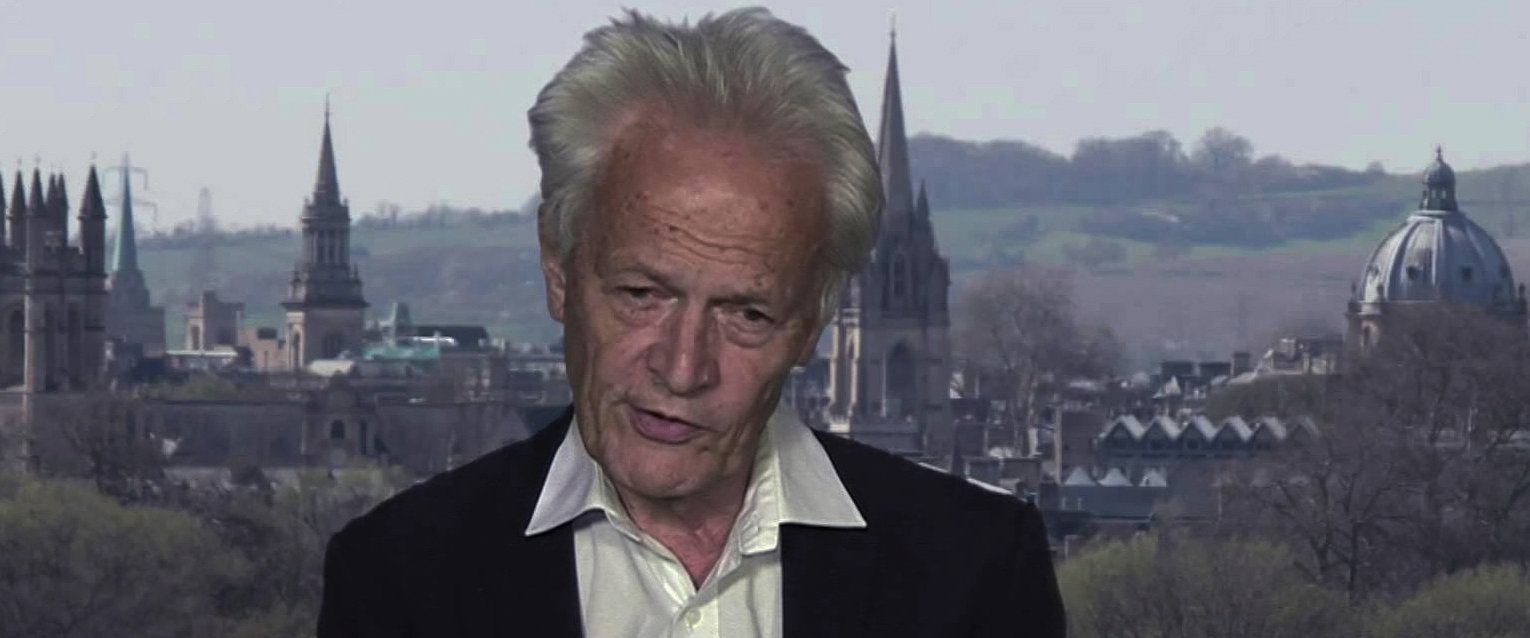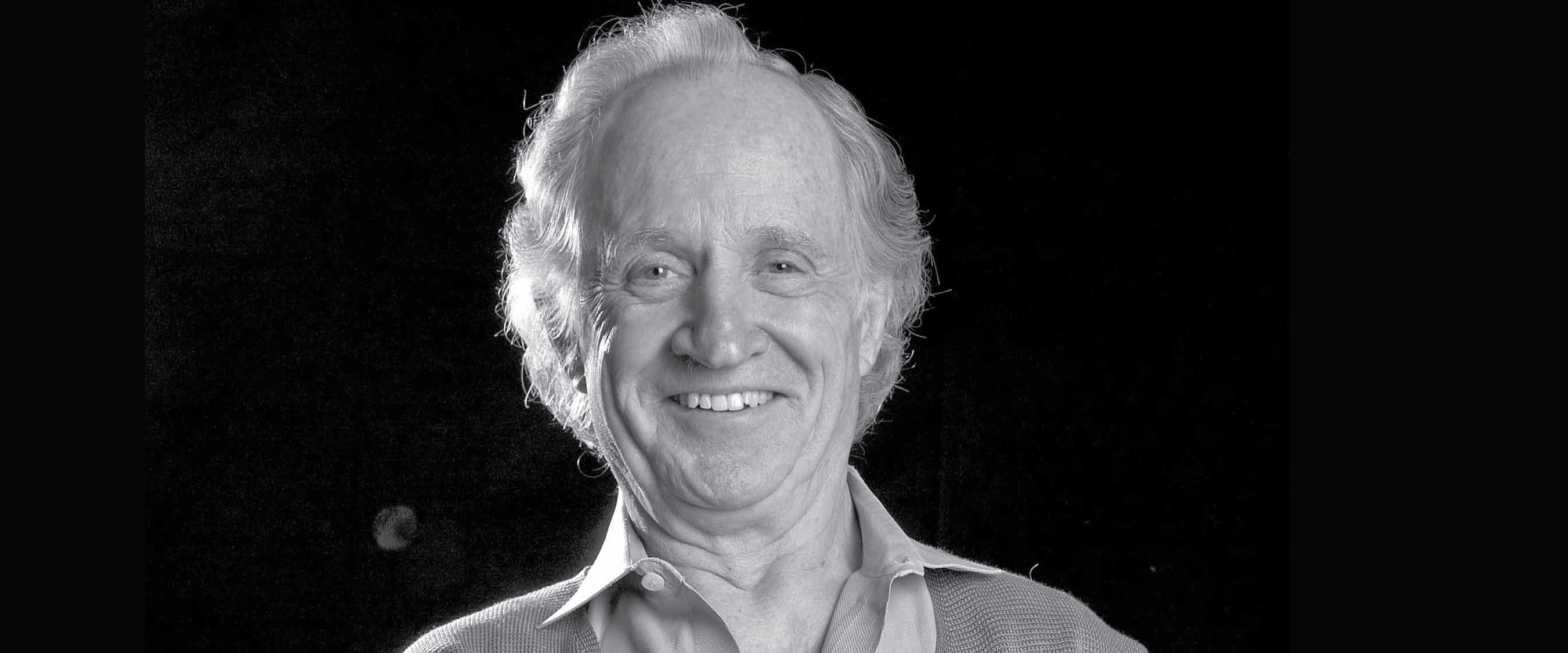S Venkatapuram, King's College London.
The seminar will take place in the College lecture theatre at 9.00 pm. The poster can be downloaded here. Social factors have a powerful influence on human health and longevity. Yet the social dimensions of health are often obscured in public discussions due to the overwhelming focus in health policy on medical care, individual-level risk factor research, and changing individual behaviours. Likewise, in philosophical approaches to health and social justice, the debates have largely focused on rationing problems in health care and on personal responsibility. However, a range of events over the past two decades such as the study of modern famines, the global experience of HIV/AIDS, the international women’s health movement, and the flourishing of social epidemiological research have drawn attention to the robust relationship between health and broad social arrangements and policies. In this seminar, Sridhar Venkatapuram takes up the problem of identifying what claims individuals have in regard to their health in modern societies and the globalized world. Recognizing the social bases of health and longevity, Venkatapuram extends the ‘Capabilities Approach’ of Amartya Sen and Martha Nussbaum into the domain of health and health sciences. Drawing on his book Health Justice, he presents an inter-disciplinary argument that draws on the natural and social sciences as well as debates around social justice to argue for every human being’s moral entitlement to a capability to be healthy.
1. Venkatapuram, Sridhar. Health Justice. Polity Press 2011.
2. WHO Commission on the Social Determinants of Health. 2008.
Sridhar Venkatapuram is a Lecturer in Global Health and Philosophy, and Director of Global Health & Social Justice Programme at King's College London. Sridhar has been at the forefront of health ethics and global health for over twenty years. He was awarded an honours distinction for his undergraduate international relations dissertation on HIV/AIDS and human rights in the early 1990s at Brown well before HIV/AIDS was widely recognized as a global health and development issue; he was a pioneer of the health and human rights movement as the first researcher at Human Rights Watch to examine HIV/AIDS and other health issues directly as human rights concerns; and at the age of 25 he was supported by the Ford Foundation to provide human rights training to the first cohort of Indian HIV/AIDS organizations. At Harvard, he worked with the late Arjun Sengupta, the Special Rapporteur on the Right to Development in conceptualizing its philosophical and ethical framework. He was previously a Wellcome Trust Research Fellow and Lecturer in ethics at LSHTM; Research Fellow at UCL, and Affiliated Lecturer at Cambridge University. From 2008 to 2011 he was a co-investigator on an ESRC-DFID research project with Sir Michael Marmot, Chair of the WHO Commission on the Social Determinants of Health. He has worked as a consultant for a variety of international organizations including the Open Society Institute, the Population Council, and Doctors of the World-USA. He holds a number of academic degrees in a range of disciplines including international relations (Brown), international public health (Harvard), sociology (Cambridge) and political philosophy (Cambridge). Sridhar has won numerous awards, scholarships, fellowships, and grants including exceptional cases where awards have been doubled. He was awarded a major research grant while he was still completing his PhD. In 2011 he was awarded the prestigious Wellcome Trust Research Fellowship which fully supports a fellow for three years to undertake their own pioneering research. He gives lectures around the world on global health, right to health, and the philosophy and ethics of health and health inequalities. He has been elected a fellow of the RSA and the Human Development and Capability Association. He was a fellow of the UK Parliament Office of Science & Technology in 2012 where he wrote a briefing paper on measuring national wellbeing.
